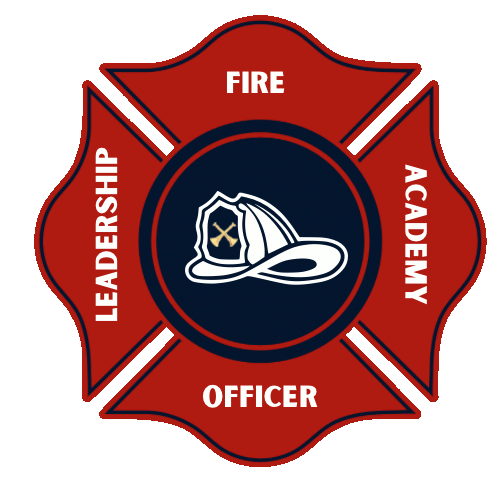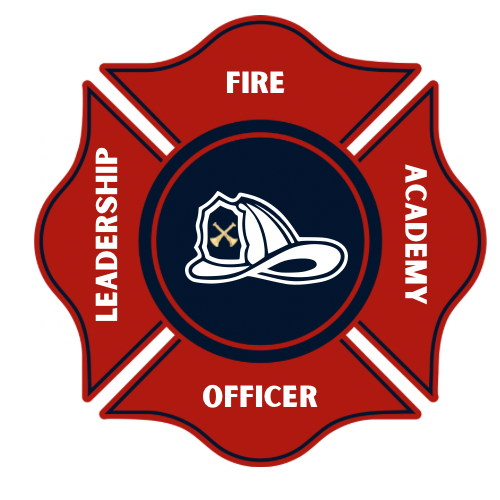The Marine Corps leadership traits define endurance as, “The mental and physical stamina measured by the ability to withstand pain, fatigue, stress, and hardship.”1
Think about the following scenarios:
- Advancing a hose line to the third floor of an apartment building in July.
- Carrying a patient down a long, steep driveway in January with two feet of snow on the ground.
- Hiking uphill, downhill, uphill, then going to work digging a line around a wildland fire.
These scenarios and others demand both mental and physical stamina to successfully perform the various tasks that confront firefighters.
Leaders set the example of endurance.
Are you a fire service leader working in operations? Can you endure the mental and physical stressors that accompany firefighting? When fatigued and in pain, do you press on or do you whine like the siren on your rig?
As a leader, it is imperative that you set an example for those who are working for you. Make no mistake, the people who are working for you know what you are capable of and if they see a leader who lacks endurance, then their trust and faith in you begins to rapidly diminish.
On the other hand, the leader who successfully manages the mental and physical stress of the job sets a positive example for their subordinates. These are the leaders who inspire others to perform far above what they thought possible of themselves.
Endurance equals physical preparation.
There is only one way to increase physical endurance and that is through a healthy lifestyle; eating well and engaging in physical exercise.
Also, it is important to remember that on duty physical preparation requires the exercise of common sense. There were times when I made a station visit after the crew performed an insane workout and they were spent. Please take note that physical exercise does not mean you drive yourself or your crew into the ground at the beginning of the shift to where you are no good on an incident. Use common sense and save the intense workouts for your days off.
Mental endurance
Many times, our bodies can be pushed far beyond what our minds think is capable, but that relates to physical preparation.
Mental endurance is also associated with good mental health. Over the last several years, mental health has become more important to the fire service than when I first became a firefighter and that is a positive step in the right direction.
What can you do?
If you want to have a long career in the fire service, then you must learn how to deal with the stress inherent to the profession. One method to successfully manage stress is to have a coach and mentor. Someone who is a trusted individual that can help you along your career path. How about you? Do you have a coach or a mentor? If the answer is no, then what is stopping you from getting one?
Send me an email at [email protected] or visit my website to learn more at www.fireofficerleadershipacademy.com/officer-development.

